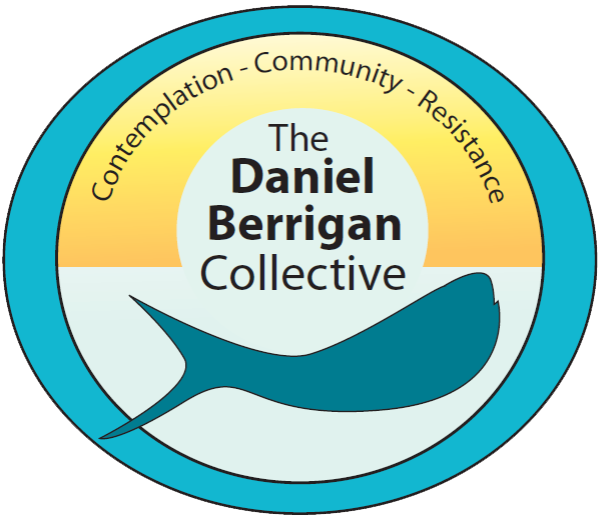Philip Berrigan, the Josephite who risked his life for justice
Before I converted to Catholicism in 2019 at the age of 28, the idea of the priesthood was anathema to me.
That said, I had never met or spoken to a priest of any kind.
By the time I finally did, I was ready for a change, spiritually speaking. I was tired of the hierarchy as I knew it even then as a Protestant, and the tangle of money and power seemed to define the Christianity I was entrenched in.
As I became convinced of the claims of the Catholic Church, I naturally gravitated toward a narrative of its history that had previously been invisible to me: a lowly, justice-concerned corner of the faith that had nourished countless souls across the world and across America—including not a few members of my own family.
Therein, I also encountered the tradition of Black Catholicism, a monumental effort comprised of African Americans in the Church who saw themselves as authentically Catholic and yet free to be culturally Black all at the same time. This, like the larger tradition of Social Catholicism, invigorated me and confirmed that I myself belonged in the Catholic Church in more ways than one.
Soon after I converted, I also became interested in the priesthood, which quickly led me to the only group of priests formed to serve African Americans: the Josephites. In their charism came the fusion of Black Catholicism and its inherent focus on the (often disfigured) social order of the day—including racism, classism, and, of course, war.
Philip Berrigan, photographed by Bob Fitch
Within this crossfire stood one Philip Francis Berrigan, SSJ, brother of Daniel Berrigan, SJ. With the extra “S” behind his name came perhaps an even more elevated social concern, as Philip became a teacher at a Black Catholic high school, graduate of a Black Catholic university, and Civil Rights activist in short order, following his Josephite vows in 1950 and ordination 5 years later.
He would later gain notoriety as one of several Catholic activists to be arrested—repeatedly—for protesting American militarism. I was shocked to read of priests and sisters and lay Catholics risking their lives in pursuit of justice for all. This was not on my US Catholic history bingo card. Berrigan the Josephite, least of all.
But why should we expect any less from a man who had signed up to dedicate his very life to serving African Americans? He, alongside fellow Josephites like Fr Phil Linden, SSJ and, for a time, his own brother Jerry, were members of the pro-Black vanguard of the Catholic Church which fought the power and defined an entire movement of pacificism.
Though he technically left the Josephites upon his marriage in 1969, for me Philip Berrigan represents the very best of the priesthood—in that he was an ordained Catholic who committed himself to social action when the mood of the nation was anything but. Phil, like his brother, made himself an object of derision in pursuit of a noble goal: the preservation of life and the abolition of death.
He was a Catholic’s Catholic, in a way the modern age may not be able to fully comprehend. I myself am a student in debt to his witness.

